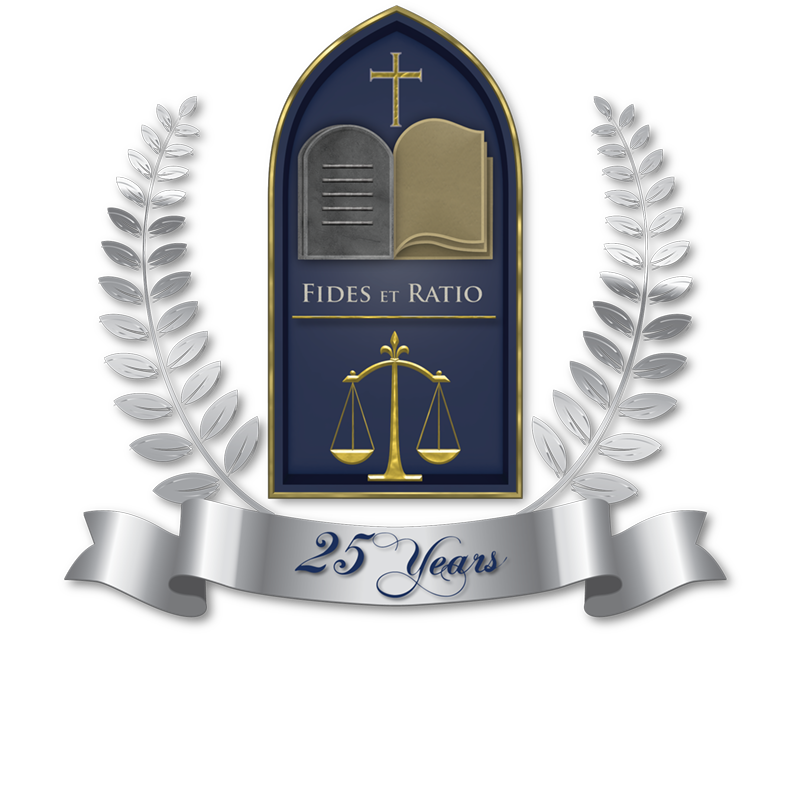Potential Concerns to Consider with Public Domain Characters

By Rebekah Miller
Faculty Liaisons Librarian
Veterans Memorial Law Library
Ave Maria School of Law
As you may have heard, certain iterations of familiar characters—Steamboat Willie—recently entered public domain after 95 years due to copyright laws. What does this mean? Steamboat Willie specifically is now free for anyone to use in whichever manner they choose. As people begin utilizing the image, questions may arise as to the balance between freedom of expression and protecting our innocent. There is an untitled horror movie in the works fea-turing “a sadistic mouse [who] will torment a group of unsuspecting ferry passengers.” (https://variety.com/2024/film/news/steamboat-willie-horror-film-mickey-mouse-public-domain-copyright-1235849861/).
The question that sprang to my mind, as both an attorney and a mother of young children, is where is the line between freedom of expression and pro-tecting our children from potentially traumatizing images? In instances such as strip clubs or pornography, there are strict laws governing these matters to allow for freedom of expression while also keeping these more sordid and adult matters from the young public. While a horror movie is not on the same plane as a strip club, it does beg the question: can a film promote itself with imagery that clearly depicts a safe, beloved childhood character looking or acting evilly? If so, can such a promotional image be on display to the general public, for example, in the halls of your local movie theater where both adults and children alike will see it? As an attorney, I would lean towards allowing these posters in theaters because there’s not much, if any, difference be-tween the Steamboat Willie gone sadist and the poster of, for example, Five Nights at Freddy’s (which, coincidentally, did scare my kids the last time we were at the theater). As a parent, I would hope for more balance in pro-motional materials, taking into consideration the location and the general audience.
What do you think? Where would your decision fall? Would you lean towards more absolute freedom of expression? Or is the potential nega-tive impact on our youth worthy of more restrictions, specifically of materials containing a character who has been considered safe and whole-some for decades by generations? In the decades to come, many more characters will enter the public do-main, making this more than just a passing concern.
Remember: The First Amendment “guarantees freedom of expres-sion by prohibiting Congress from restricting the press or the rights of individuals to speak freely.” (https://www.law.cornell.edu/constitution/first_amendment).





